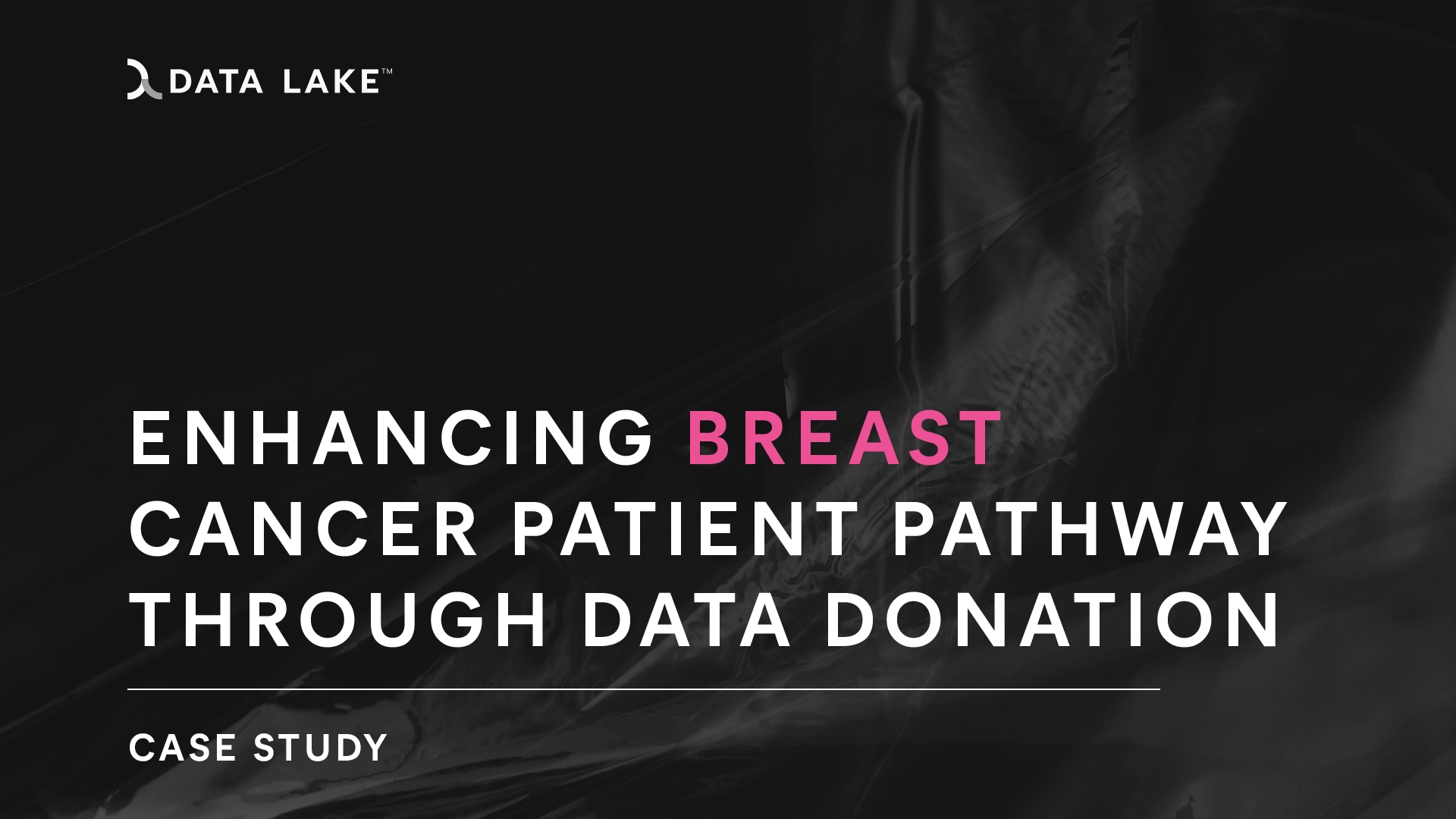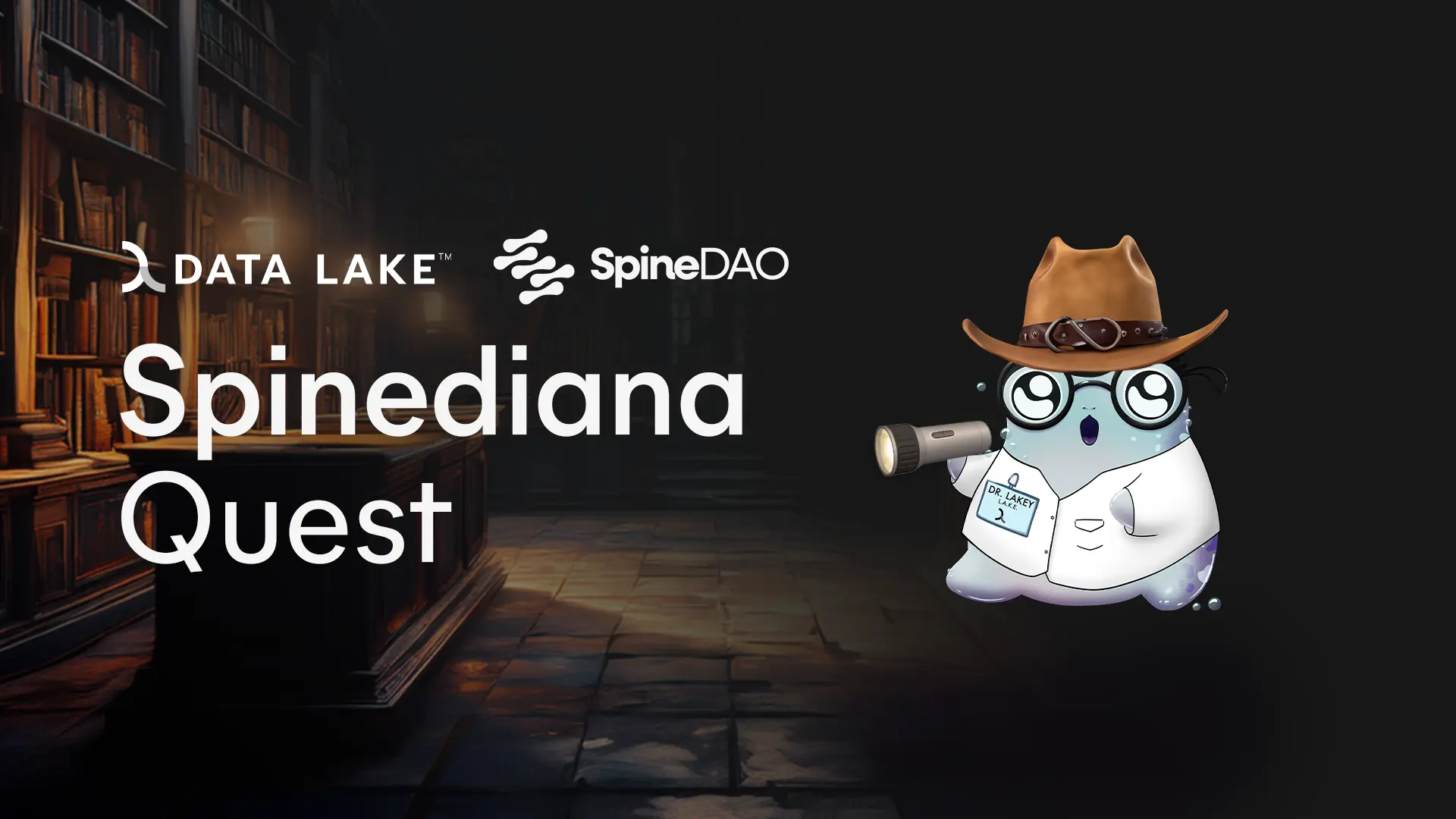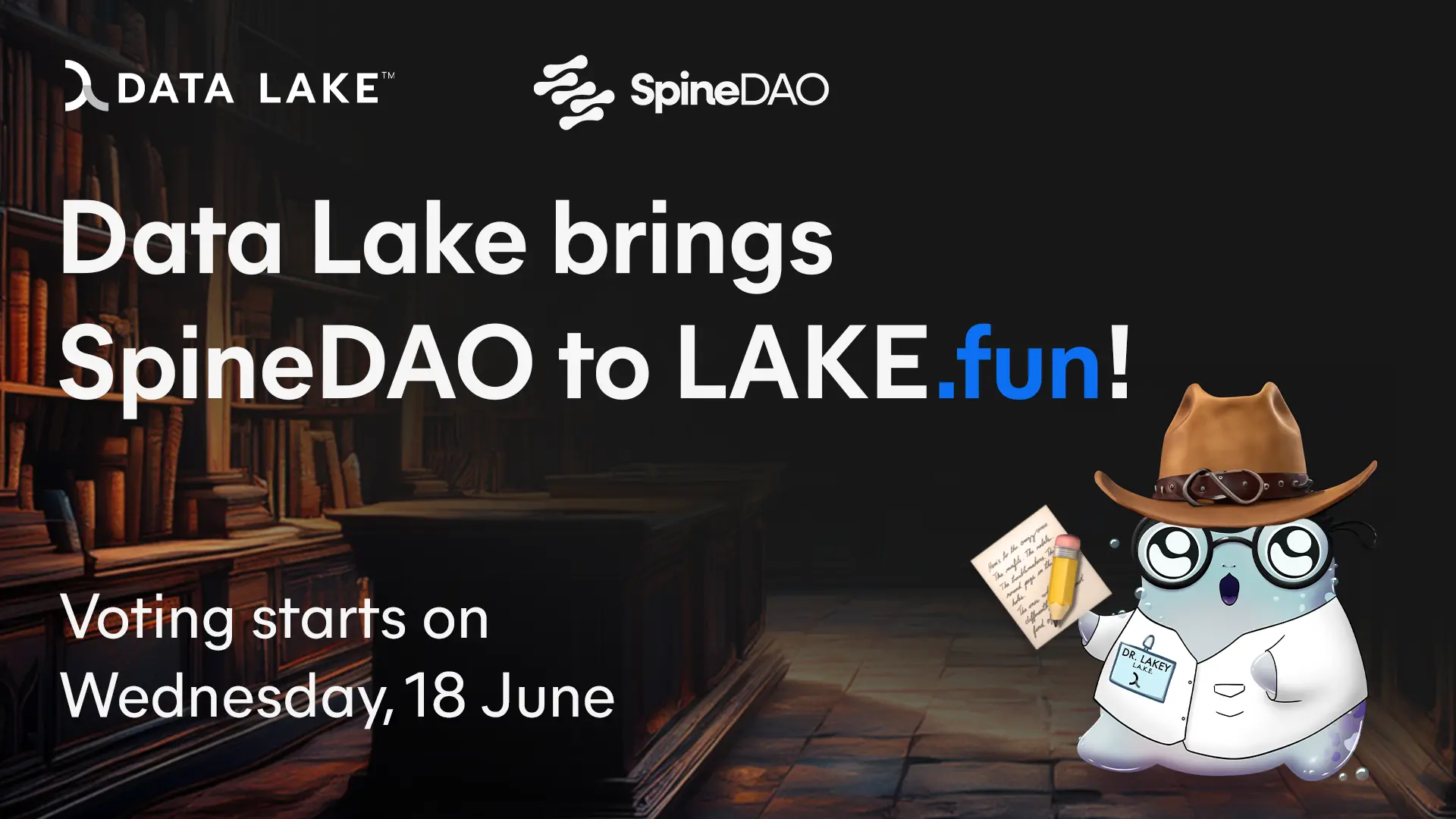Abstract
This case study explores the successful implementation of Data Lake’s data donation technology by Donate Your Data Foundation in the context of breast cancer research in Poland, focusing on how it facilitated the collection of crucial information regarding the patient pathway and identified roadblocks in accessing therapy. The initiative involved collaboration between healthcare institutions, technology companies, and advocacy groups, leveraging the power of data to improve the overall quality of breast cancer care.
Introduction
Breast cancer is a global health concern, affecting millions of individuals each year. Despite advancements in medical science, the journey of breast cancer patients from diagnosis to therapy is often fraught with challenges. The situation is not different for breast cancer patients in Poland. Each year, 17,5 thousand patients are diagnosed with breast cancer and almost 7 thousand succumb to this deadly disease. Breast cancer affects one in four Polish women who are diagnosed with cancer. It is also the second cause of death due to oncological diseases after lung cancer 1. Moreover, in 10% of breast cancer patients the cancer is diagnosed already in an advanced stage, which significantly affects the patient’s further life 2. Taking into account the above, experts emphasize that effective care for a patient with breast cancer requires, among others: early and effective prevention, quick diagnostic process, application of a comprehensive oncological care model and optimal selection of therapy, which should be personalized, taking into account the biological characteristics of the tumor, the effectiveness of current treatment, the severity of the symptoms of the disease, as well as the general health condition and preferences of the patient.
To study this process a collaborative effort was undertaken and led by the Donate Your Data Foundation, supported by Data Lake as a technology partner to harness the potential of data donation in understanding and improving the breast cancer patient pathway in a first of its kind research study based on the data donated and managed by sovereign patients. Due to study methodology and technologies used, the consortium was capable of addressing trust and transparency issues – traditional challenges in every large scale health data collection exercise.
Objective
The primary objective of this initiative was to collect and analyze data of data donors (breast cancer patients) to gain insights into the entire spectrum of the breast cancer patient journey. Most importantly, to verify, how many patients are treated with the most modern therapies, refunded in a drug program. The specific focus was on identifying roadblocks and challenges faced by patients in accessing therapy, with the ultimate goal of improving treatment outcomes and patient experiences.
Methodology
Partnership Formation:
- Healthcare institutions, technology companies, and patient advocacy groups formed a collaborative partnership.
- Initiative was supported by a top ten global pharma company as well as other reputable institutions supporting medical research.
- Strict data governance protocols were established to ensure compliance with privacy regulations and ethical standards, which also included establishment of consent forms, educational materials etc.
Data Collection:
- Data was collected from patients (data donors), who gave their consents and PoAs. Patients had access to a dedicated patient portal developed by Data Lake, where they were able to manage their consents and control data access
- Data was collected from electronic and paper health records based on patients’ consents
- The dataset was anonymized and properly structured in a dedicated database to enable data analysis.
- The dataset encompassed comprehensive, objective information of unmatched depth; from the point of first symptoms, through diagnosis, treatment and post-treatment follow-ups.
Data Analysis:
- Advanced analytics was employed to analyze the dataset
- Clinical experts in the field of oncology were employed to aid analytics and provide proper interpretation
- Key metrics such as time from diagnosis to treatment initiation, adherence to therapy, types of therapy were assessed.
Identifying Roadblocks:
- Patterns in the data are being scrutinized to identify common roadblocks in the patient pathway, such as delays in diagnosis, difficulties in accessing specialized care, and disparities in treatment outcomes.
- Data collected during first readout already indicate significant hurdles, that should be addressed to improve patient pathway.
Feedback Loop:
- After completion of the project, insights gleaned from the data analysis will be evaluated and proper pro-patient actions will be taken.
- Iterative feedback loops were established to fine-tune data collection methods and improve the overall quality of analysis.
Conclusion
The case study demonstrates the positive impact of data donation in understanding and optimizing the breast cancer patient pathway. By leveraging data-driven insights, this project (although not completed yet) has already identified roadblocks in accessing therapy. Proper action, addressing these roadblocks, may lead to improved treatment outcomes and enhanced patient experiences. This collaborative effort serves as a model for utilizing data donation to address complex healthcare challenges and improve patient care across various medical domains.
Source
- Krajowy Rejestr Nowotworów, http://onkologia.org.pl/rak-piersi-kobiet/
- J. Jassem, M. Krzakowski (red.), Rak piersi. Praktyczny przewodnik dla lekarzy, Via Medica, Gdańsk 2019, s. 209.




